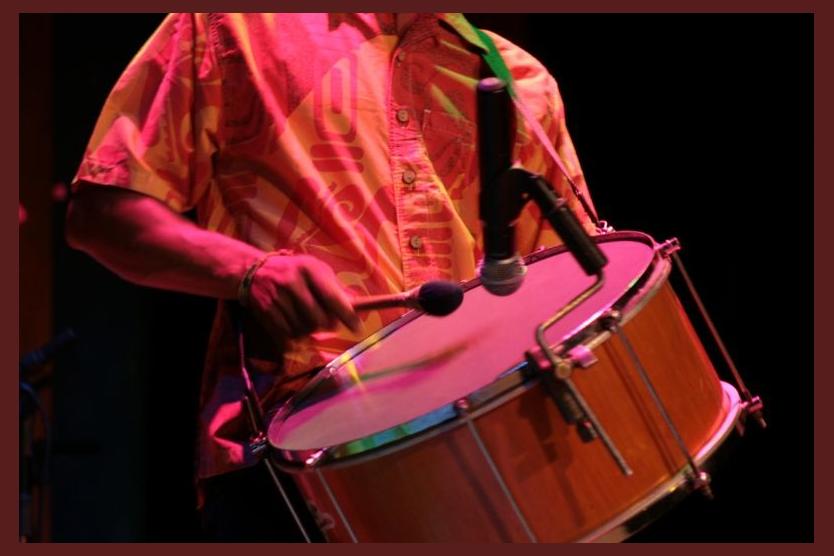 Forró Tapera
Forró Tapera
Forró Tapera: A Journey Through Music and Controversy
Forró Tapera, an enigmatic Brazilian music band, has captivated audiences with their electrifying forró rhythms and controversial lyrics. Their ascent to fame was marked by both triumphs and tribulations, leaving an enduring legacy in the world of Brazilian music.
Members and Origins:
Forró Tapera was formed in 1997 in the northeastern Brazilian city of Campina Grande. The founding members included vocalist and accordionist Chico César, guitarist and vocalist Edson Duarte, and bassist Pedro Fonseca. Their moniker, "Tapera," referred to a humble rural dwelling, reflecting their humble beginnings and close connection to their roots.
Musical Style and Success:
Forró Tapera's music blended traditional forró rhythms with modern influences, creating a unique and energetic sound. Their lyrics, often laced with social commentary and double entendres, pushed the boundaries of what was considered acceptable in the genre. The band's debut album, "A Carne é Fraca" (The Flesh is Weak), released in 1998, became a commercial and critical success, propelling them to national recognition.
Challenges and Controversies:
Despite their initial success, Forró Tapera faced significant challenges. Their explicit lyrics and provocative stage performances drew criticism from conservative groups, leading to protests and even threats of violence. However, the band remained defiant, arguing that their music was a reflection of the realities of life in Brazil.
Discography and Legacy:
Throughout their career, Forró Tapera released a series of acclaimed albums, including "Aperitivo" (2000), "A Gente se Entrega" (2002), and "Ao Vivo em Fortaleza" (2003). Their music continues to resonate with Brazilian audiences, and their influence can be seen in a new generation of forró artists.
Conclusion:
Forró Tapera's journey has been a testament to the power of music to both entertain and provoke. Through their controversial lyrics and infectious rhythms, they have challenged societal norms and left an indelible mark on Brazilian culture. Their music remains a reminder that even in the face of adversity, the human spirit can find solace and expression through the transformative power of art.
Forró Tapera, an enigmatic Brazilian music band, has captivated audiences with their electrifying forró rhythms and controversial lyrics. Their ascent to fame was marked by both triumphs and tribulations, leaving an enduring legacy in the world of Brazilian music.
Members and Origins:
Forró Tapera was formed in 1997 in the northeastern Brazilian city of Campina Grande. The founding members included vocalist and accordionist Chico César, guitarist and vocalist Edson Duarte, and bassist Pedro Fonseca. Their moniker, "Tapera," referred to a humble rural dwelling, reflecting their humble beginnings and close connection to their roots.
Musical Style and Success:
Forró Tapera's music blended traditional forró rhythms with modern influences, creating a unique and energetic sound. Their lyrics, often laced with social commentary and double entendres, pushed the boundaries of what was considered acceptable in the genre. The band's debut album, "A Carne é Fraca" (The Flesh is Weak), released in 1998, became a commercial and critical success, propelling them to national recognition.
Challenges and Controversies:
Despite their initial success, Forró Tapera faced significant challenges. Their explicit lyrics and provocative stage performances drew criticism from conservative groups, leading to protests and even threats of violence. However, the band remained defiant, arguing that their music was a reflection of the realities of life in Brazil.
Discography and Legacy:
Throughout their career, Forró Tapera released a series of acclaimed albums, including "Aperitivo" (2000), "A Gente se Entrega" (2002), and "Ao Vivo em Fortaleza" (2003). Their music continues to resonate with Brazilian audiences, and their influence can be seen in a new generation of forró artists.
Conclusion:
Forró Tapera's journey has been a testament to the power of music to both entertain and provoke. Through their controversial lyrics and infectious rhythms, they have challenged societal norms and left an indelible mark on Brazilian culture. Their music remains a reminder that even in the face of adversity, the human spirit can find solace and expression through the transformative power of art.